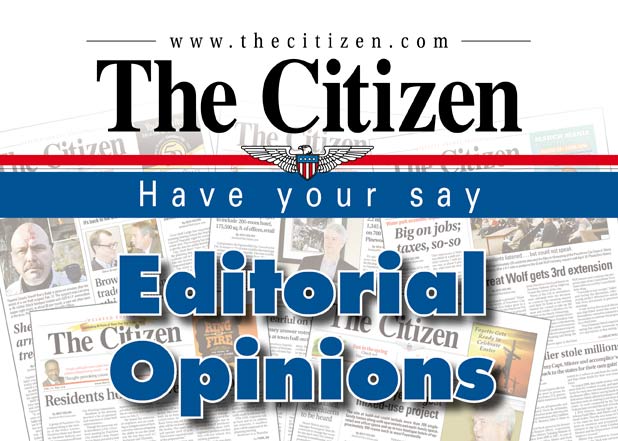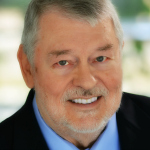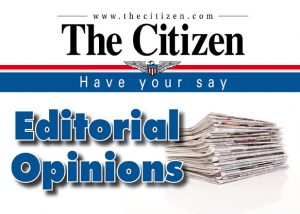That provocative headline is in reality a plaintive cry from a voter swamped with campaign words from candidates who spend most of their energies and money emphasizing only those stories about themselves they want you to believe.
Before I vote, I want to discover the stories they don’t want to tell. More precisely, I want to get behind their facades, their public faces and get the true answers to these questions:
1. What is your world-view, your lens through which you see most things?
2. What kind of person are you … really?
3. What do you really want to do with the power you are seeking, your real agenda?
4. After you’re elected, will you return my call?
For most candidates — and most voters — such questions will never get asked, much less answered.
I love politics, and I like most politicians — at least until they get elected. I am old enough to have heard 12 presidents speak while they held the highest office. My first was Harry Truman, speaking sonorously after dark on the radio to the nation. I was but a small boy, but he sounded like a president. Now a 13th, still to be determined, is seeking that powerful microphone.
Locally, we have a bunch of incumbents and wannabes for everything from coroner to superior court judge. How can the normal voter make an informed choice among the many thrusting themselves into our everyday lives, demanding our attention?
At their requests, I have spoken or met with a few candidates who wanted to introduce or re-introduce themselves. Most I have not questioned or even met.
One candidate asked me whether, as the editor and publisher of the newspaper, I intended to endorse anyone, as I have done in some past elections.
I answered: “I don’t know. I haven’t decided.”
The candidate asked, “Why not? Why wouldn’t you endorse someone?”
“Because I’ve been wrong, so often,” I answered. “Not only about the losers, but about those who won.”
Decades ago, when I was working in radio news (there used to be such a thing), I checked the probate judge’s office for names of candidates who had qualified for local offices in a nearby county. The incumbent school board chairman — who also was CEO of the largest local industry — was the only name listed for that post. I impulsively paid $20 to qualify to be his only opposition.
The old probate judge looked at me with a combination of wonder and pity. “Why?” he asked.
“I don’t think any elected official ought to get a free ride,” I said.
My opponent was a good guy and good-natured about my opposing candidacy. Election night I gathered paper ballot election returns from about a half-dozen precincts and radioed in the results to the station. By night’s end, he beat me two-to-one, the story of which I reported the following morning in three newscasts after sign-on.
To refer to yourself, live, on the air, in the third person, as the losing candidate in an election that saw about 6,000 ballots cast was a singular experience. That one and only time is still a vivid memory. Thank God I lost.
The point is — nobody forces anybody to become a candidate. Nobody forced me. Each candidate should expect to be scrutinized as a person and to be challenged on the issues. No free rides.
In this issue are articles about various candidates being questioned in forums. I invite you to read their responses to the questions asked and to ponder which ones you are moved to support.
I wish we could provide answers to the questions above. We will have to make do with what we’ve got.
[Cal Beverly has been editor and publisher of The Citizen since its creation in 1993.]









Leave a Comment
You must be logged in to post a comment.